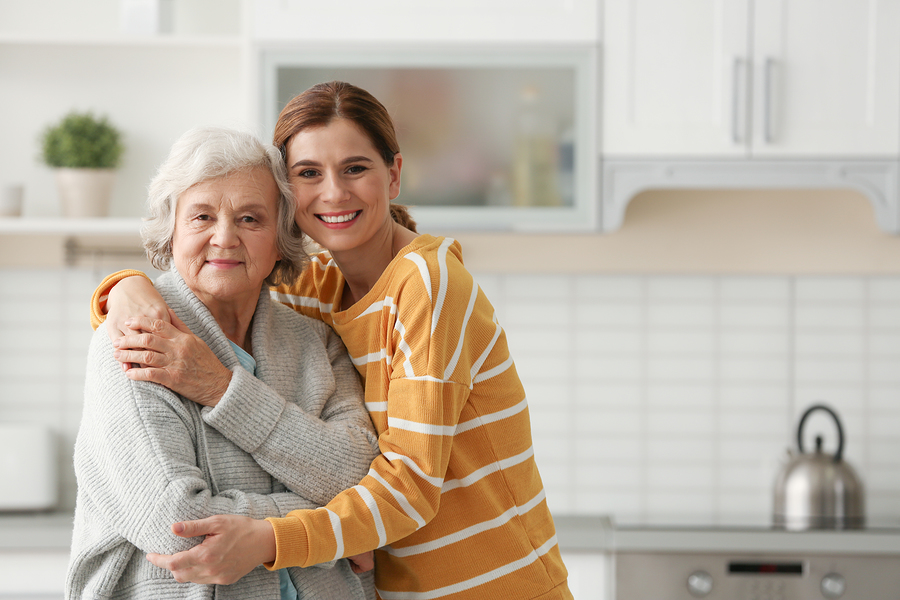Individuals who had a stroke oftentimes need help and support once they return to their home from their initial hospitalization. As compared to hospitals or patient facilities, the process of rehabilitation involves less medical experts and professionals and more involvement of the self and support systems, such as friends and family, in order to aid in recovery and rehab.
Care for individuals who have had a stroke is more often needed in the earlier phases of the process as it takes time to acclimate and handle the effects of the stroke. The support systems for these individuals can be categorized into two different categories of formal and informal depending on the condition of the stroke and how much care someone needs.
Types of Caregivers
An informal caregiver is someone who provides unpaid help and support to friends and family. Informal caregivers are often friends and family that take the time to provide support. The care can take many forms such as providing emotional support through chats, providing practical support in helping with shopping, cooking, giving medication, and more.
Oftentimes there will be a formal or “main carer” for a stroke-recovering individual that will hold the main responsibility of supporting someone. There will be debriefing and a meeting with the doctor, therapist, and related professionals to inform the main caregiver of how to provide for the individual.
With being a caregiver, there’s an investment of time and resources that they must put in that can be at times difficult. Caregivers that are friends and family tend to have a sense of responsibility and need to care for the stroke-recovering individual; however, the large tasks can be daunting and can have a physical and emotional impact on the caregiver themselves.
Self-care for a caregiver is crucial as well. Factors such as physical tasks being performed to help someone, mood and stress levels from working, social connnections, and more are things that also take an equally important role in caregiving.
The responsibilities and considerations that a carer needs to be informed of are massive, and it’s important to be informed of the various responsibilities and commitments when becoming a caregiver.
Analysis
An important insight to see is that oftentimes a carer has a lot of responsibilities and items to perform in providing aid to a stroke-recovering patient. With the insight that close family members or friends might feel the responsibility to provide the most care possible for a stroke-recovering individual to the extent that they may neglect themselves is interesting as that condition will not have the best interest of either party in mind. I think that in survey or primary research, this is an interesting point to consider and investigate as caregiving is an important aspect of stroke rehabilitation and recovery.




